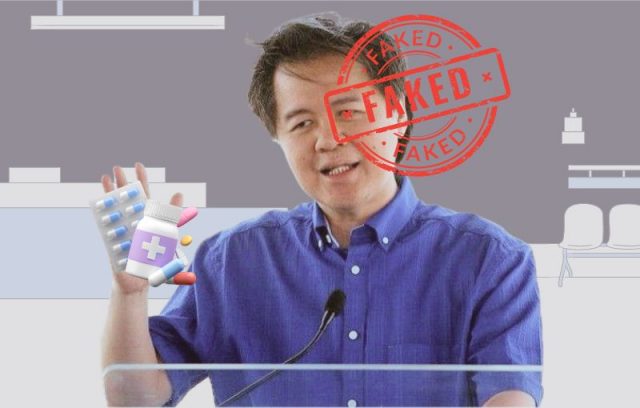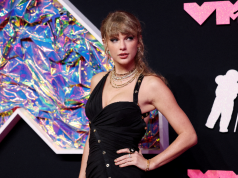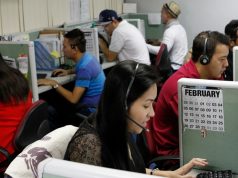
Deepfakes taking on the likeness of celebrities as if endorsing medicines, accessories and other products continue to spread on social media increasing concerns that older adults and seniors are more vulnerable to such deceptions.
Content creator and director Eb Fajardo posted a TikTok video highlighting the rise of fake celebrity endorsements of products.
Deepfake is a type of artificial intelligence (AI) that manipulates photos, videos and even audio recordings by overlapping a fake mouth or face onto an existing figure to make new media content like a fake commercial or advertisement for a product.
Some of such videos market bogus pharmaceutical products such for hearing loss, gout, pneumonia and other medications.
“Ginamit ang AI na si Doc Willie Ong ito at si Winnie Cordero ito,” Fajardo said, referring to the commonly used personalities for deepfakes.
The technology isn’t perfect yet, however. Fajardo pointed out that manipulated videos can be detected if the subjects in the video have robot-like features or movements such as unnatural facial expressions, mismatched lips and uncanny eyes.
The videos are also made to look convincing, such that it includes the seal of the Food and Drug Administration (FDA).
“Pinopromote ang hearing aid pero ginagamit yung robot para manloko,” he stressed.
The deepfake video he examined had over 811,000 views and more than 1,400 comments from adults who inquired about the fake medicine.
@eb_fajardoitigil natin yung ganto pls♬ original sound – Eb | Video Content Strategy
Other deepfake videos discovered featured the Department of Health (DOH) undersecretary Maria Rosario Vergeire and news reporter Noli De Castro.
Online users stated that the elderly are the ones who often fall victim to this fake content.
“Mostly mga matatanda [ang] victim,” a commenter said.
“Laging victim si Doc Willie ng mga different network products using AI-generated videos,” a TikTok user commented.
“My mom bought a balm saying that Jessica Soho promoted this magic cream at nakakawala daw rayuma. Nag-aaway kami, I swear,” an online user remarked.
“Yung mama ko pinipilit ako mag order na edited lang naman yung producs nag away pa kami kasi ayaw ako paniwalaan. diabetic sya kaya nabubudol sya sa mga ganto,” a TikTok user shared her concern.
Why seniors fall for deepfakes
While some Filipino users attempted to educate older adults about the increasing deepfake content on Facebook, it is best to understand how some people are easily susceptible.
The Daily Beast cited scientific research on older adults’ view on AI. The study showed how seniors’ lack of experience and familiarity with advanced technologies may have contributed to the comprehension gap.
It was also mentioned that the elderly perceive AI-generated content as man-made. They also struggled to distinguish between what is real and fake on social media.
While there is yet to be a specific law in the country that can regulate AI use on social media, an information technology (IT) firm warned Filipinos that the technology may grow more pervasive as the 2025 elections draw near.
On June 2, the company sought the Commission on Elections to formulate specific rules on AI use for campaigning.
READ: ‘Ninakaw ang video ko at ginagamit nila’: Amy Perez flags fake endorsement









